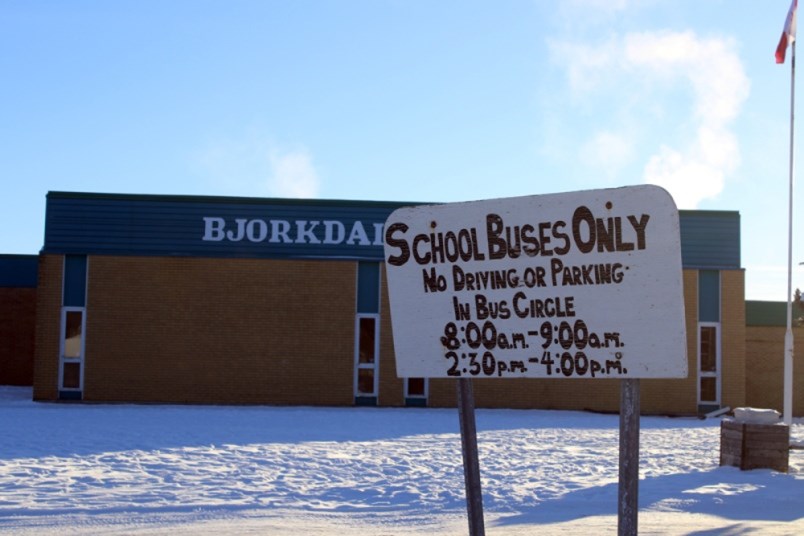EAST CENTRAL — Among six recommendations made by a consultant studying the sustainability of the North East School Division’s four smallest schools was to give a commitment to keeping the schools open for three years.
The study looked at Arborfield, Star City, Gronlid Central and Bjorkdale Schools. Bjorkdale and Gronlid had a school viability review in the 2016-17 school year, with Gronlid discontinuing Grades 9 through 12 as a result.
“The purpose of the study was to look at the small schools in a positive way and examine with the folks in those communities what their preferred future is for those schools,” said Randy Fox, a Saskatchewan education leadership unit consultant for small school sustainability.
The consultant said a big reason he recommended a three-year guarantee was to give the four schools a chance to perform better without the fear of closure.
“The people in those schools have committed themselves, made a commitment to change the way they offer courses in those schools to make sure the students are getting what they need and getting good learning experiences – even though they’re small schools,” he said.
“It’s difficult to do that if you’re under a cloud of closure, so I think this way they can have the opportunity to put in the good work they need to do now and going forward knowing they’re going to be there to actually use the work.”
Luke Perkins, the division's board chair, said they couldn’t give a three-year guarantee. One reason is because there’s elections in 2020 that could result in a different board.
Another reason was budgets. Perkins said as they don’t know if the contents of next year’s budget could have an impact on any guarantee. He stated what he could do is commit to being transparent and open.
“We want to be able to answer every question and comment they’ve put forward. Some I’m sure we can work with, some, maybe, is going to be difficult to do.”
The other five recommendations were to: keep teaching the same grades at the four schools for the 2019-20 school year; review policies and practices regarding busing students out of the attendance areas of the schools; build and maintain a positive relationship between the board of education and the four school community councils; continue to support the four small schools financially, but build a understanding with the school community councils that the division has budgetary constraints and other legal responsibilities; and support the development of project based learning or personalized learning model in each of the schools
The division said they will further discuss the recommendations in the fall.
“We will certainly be sitting down and following up with the individual [school community councils],” Perkins said.
“It was a huge communication piece between the communities and the board and it was very well received on our part. We really enjoyed it, because communication is key.”




